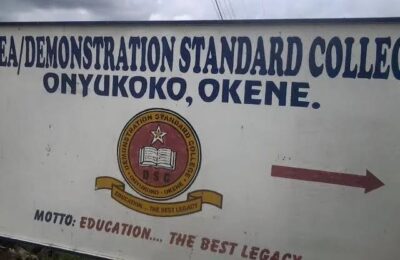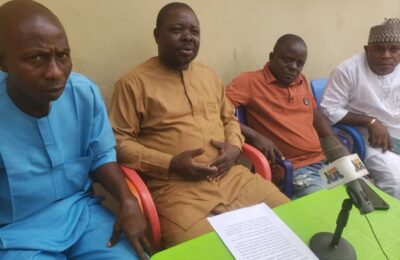From job adverts to lecture halls, the misuse of OND must stop—there’s nothing ordinary about ND.
Take a look at job adverts across Nigeria today, and you will almost certainly see this line: “Requirement: OND, HND, B.Sc.” It has become so common that people hardly question it anymore. But here’s the truth: there is no such thing as OND in Nigeria’s educational system. The correct term is ND – National Diploma.
The phrase “OND,” often misrepresented as “Ordinary National Diploma,” is a false creation that has somehow slipped into everyday usage. And like many repeated mistakes, it has now found its way into the language of recruiters, employers, and even academics who should know better.
This misuse is not just a harmless error—it carries weight. Words matter. By calling the National Diploma “ordinary,” we risk belittling a qualification that sits at the heart of Nigeria’s Technical and Vocational Education and Training (TVET) system. The ND is earned after two years of rigorous study in a polytechnic, usually followed by a compulsory one-year industrial attachment. There is nothing “ordinary” about the dedication it takes to complete that cycle.
Yet, over the years, job adverts have consistently reinforced the wrong expression. It is not unusual to find corporate HR departments, multinational companies, and even government parastatals listing OND as a requirement for junior-level roles. Unfortunately, this wrong usage has gone so unchecked that even within academia itself—especially in the polytechnic system where the ND is awarded—lecturers and administrators sometimes repeat the same mistake. When those who teach and issue certificates do not defend their proper names, it only deepens the problem.
This misuse has serious implications. Language shapes perception, and perception influences value. By branding the ND as “ordinary,” society inadvertently suggests that the qualification is lesser or inferior. This feeds into the wider, unhealthy hierarchy of degrees versus diplomas, where university certificates are automatically seen as superior to polytechnic ones—even though the latter are skill-based and highly relevant in today’s workforce.
The correct academic ladder is clear:
ND – National Diploma
HND – Higher National Diploma
B.Sc. – Bachelor of Science
That is the official nomenclature. No more, no less.
Correcting this mistake is more than a grammatical concern—it is about restoring dignity. ND holders are technicians, innovators, and builders who keep industries alive. From engineering workshops to ICT hubs, from laboratories to design studios, ND graduates are proving their worth every day. To label their certificate “ordinary” is not only inaccurate but unfair.
So where do we go from here? The answer is simple: change the language. Recruiters must update their job adverts. HR professionals must pay attention to details. Employers must respect the qualifications they are asking for. And, perhaps most importantly, academics in polytechnics must lead the way by using the correct term consistently—ND, not OND. If they fail to defend their own identity, why should the wider society get it right?
Ultimately, the issue goes beyond letters on a certificate. It is about how we as a nation treat technical and vocational education. Nigeria cannot keep complaining about unemployment while undermining one of the strongest tools for job creation. Getting the name right is a small but significant step in showing respect to the ND and, by extension, to TVET.
So, let the message ring loud and clear: It is ND, not OND. There’s nothing “ordinary” about the National Diploma. It’s time we all got it right.
– Moses Emani Salami writes from Kogi state.





